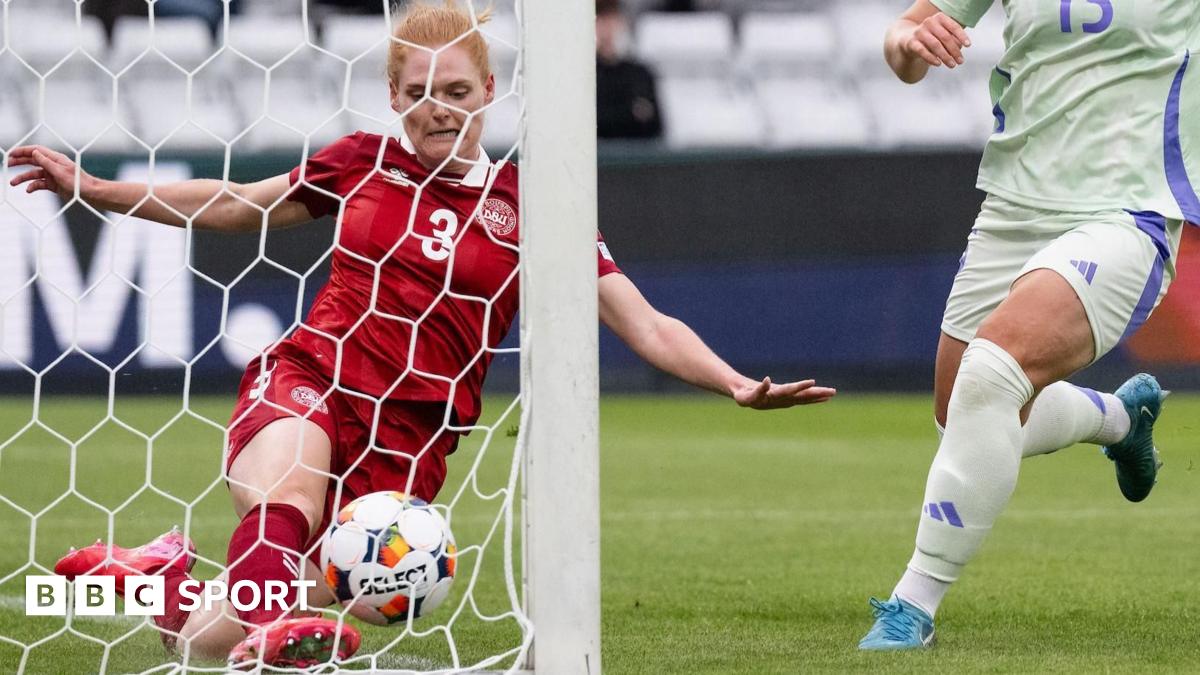Fishlock Demands Goal-Line Technology for Wales: 'It Needs to Be Better'

Jess Fishlock, the veteran captain of the Welsh women's national team, has voiced her frustration and concern over the absence of goal-line technology (GLT) in Wales' crucial Nations League match against Denmark. The game, a pivotal encounter in their quest for promotion and qualification for major tournaments, highlighted the growing need for this technology in women's football.
Fishlock's comments came after a series of near misses and contentious moments during the match, leaving both players and fans questioning whether crucial goals were correctly awarded. The lack of GLT, which is now standard in men's professional football, has raised serious questions about fairness and the integrity of the women's game.
“It’s disappointing, to be honest,” Fishlock stated following the match. “We’re playing at this level now, competing against some of the best teams in Europe, and we need the same tools and resources as they do. Goal-line technology isn’t a luxury anymore; it’s a necessity. It needs to be better.”
The absence of GLT inevitably leads to subjective interpretations by referees, which can have a significant impact on the outcome of a game. While referees are undoubtedly skilled and dedicated, human error is always a possibility, and GLT provides an objective and definitive answer in goal-line situations. This removes the potential for controversy and ensures a fairer result for both teams.
This isn't an isolated incident. Across women's football, there's a growing chorus of voices calling for the widespread implementation of GLT. Many argue that the investment in this technology would be a small price to pay for the enhanced fairness and credibility it would bring to the sport. Furthermore, it would demonstrate a commitment to the continued growth and professionalization of women's football, attracting more fans and sponsors.
The Welsh Football Association (FAW) has acknowledged the concerns and stated that they are actively exploring options for implementing GLT in future matches. However, Fishlock's impassioned plea underscores the urgency of the situation. With the Women's World Cup and other major tournaments on the horizon, the time for discussion is over; the time for action is now.
Fishlock’s words resonate with many within the women's game, highlighting a desire for parity and a commitment to ensuring that women's football is judged by the same standards as its male counterpart. The push for GLT is not just about technology; it's about respect, fairness, and the future of the sport.
The debate surrounding GLT in women's football is likely to continue, but Fishlock's strong stance serves as a powerful reminder that the game deserves the best possible tools to ensure a level playing field for all.






